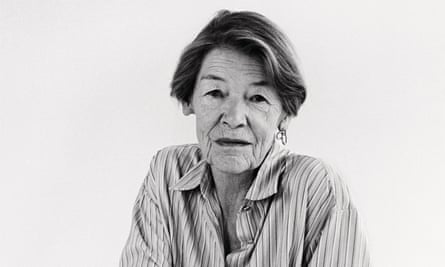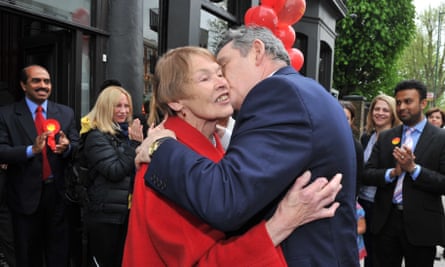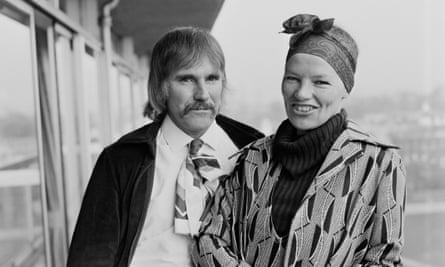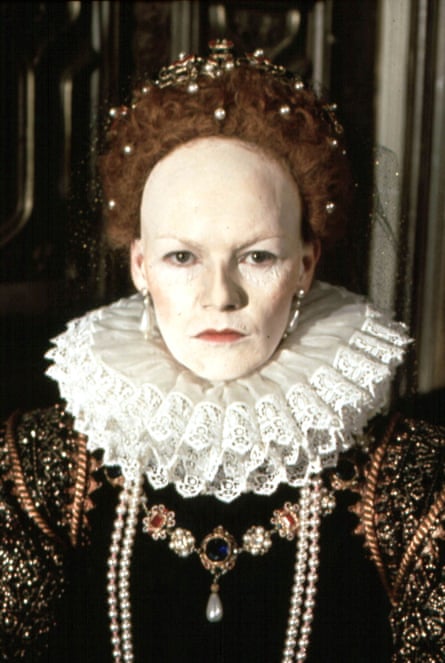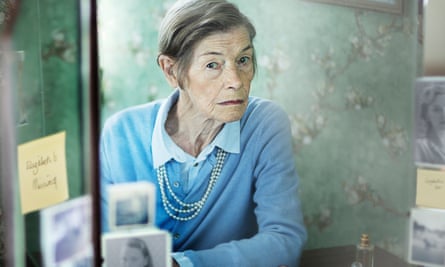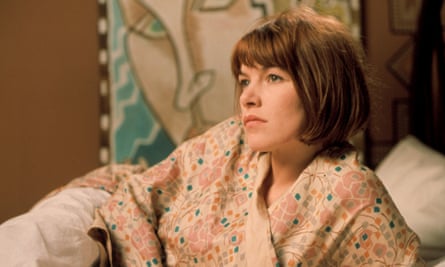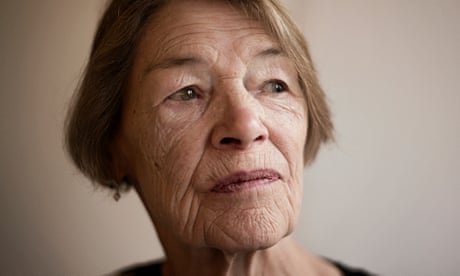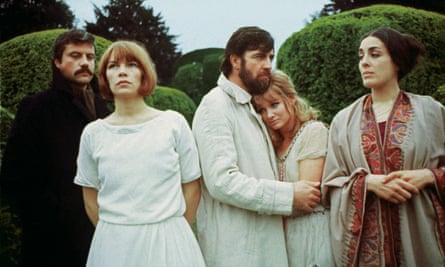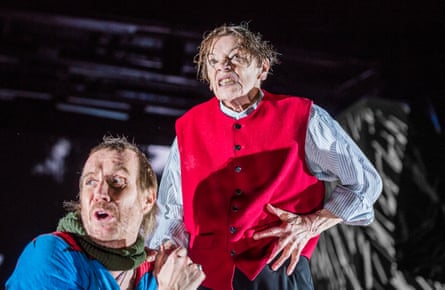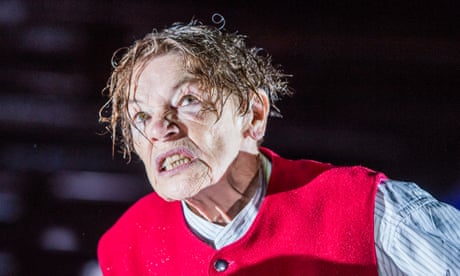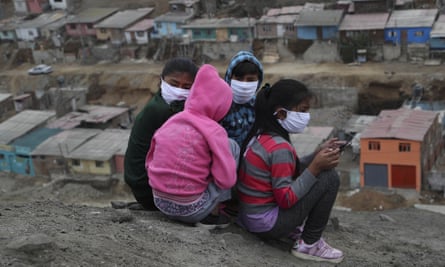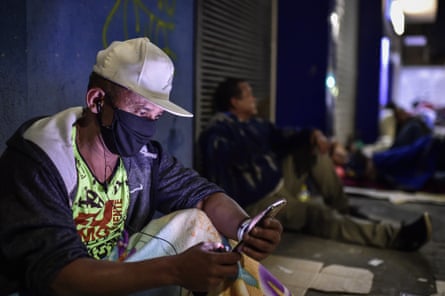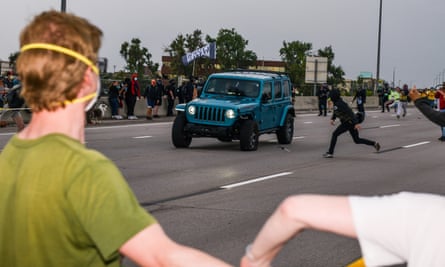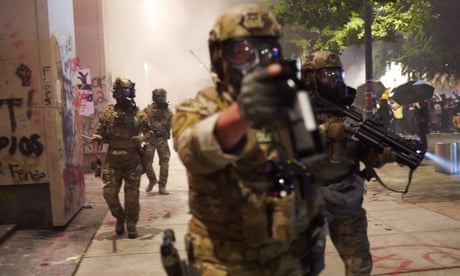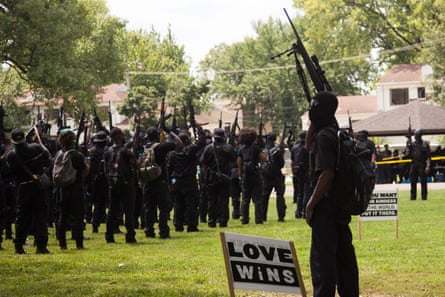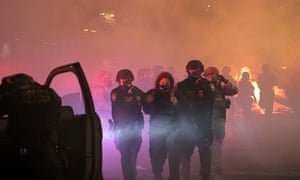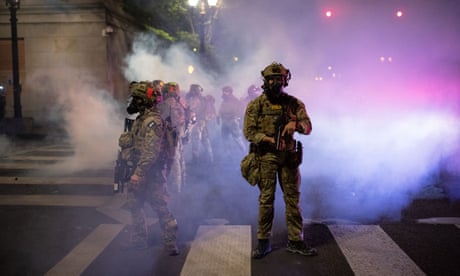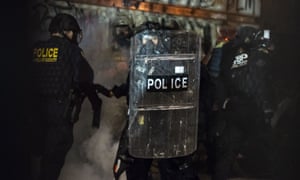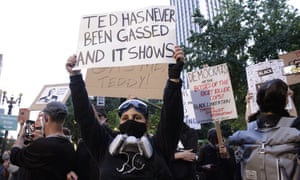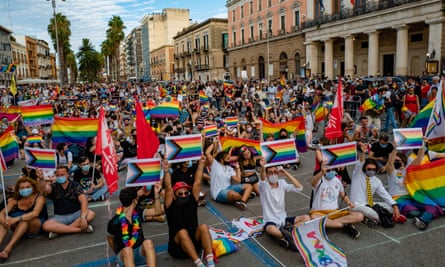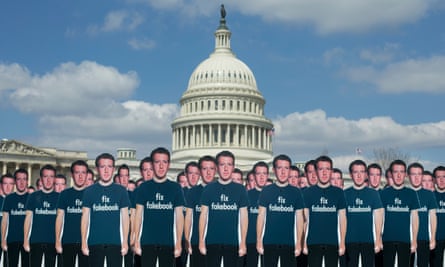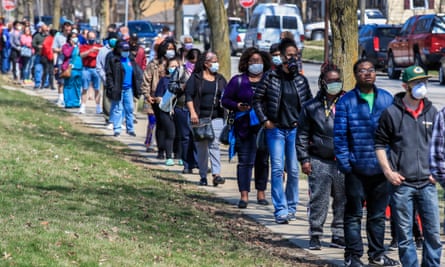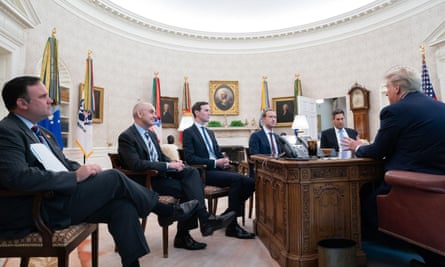RIP
Nightmare On Elm Street Actor John Saxon Dies At 83
Enter the Dragon star leaves behind vast body of work.
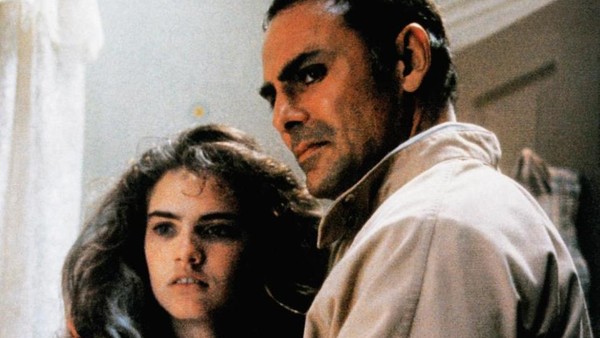
John Saxon, the rugged and intense-eyed actor who rose to iconic status for his roles in Enter the Dragon and A Nightmare on Elm Street, has died of pneumonia in his home in Murfreesboro, Tennessee, according to his wife Gloria. He was 83 years old.
Born Carmine Orrico in Brooklyn, New York, he was discovered at age 17 by famed talent agent Henry Willson and rechristened John Saxon. His breakthrough came in 1956, when his starring roles in the film noir The Unguarded Moment and the musical Rock, Pretty Baby made him a teen idol and brought in some 3000 fan letters a week. At the 1958 Golden Globes, he won Most Promising Newcomer - Male.
For the next three decades Saxon would appear in dozens of films and television series as both a charismatic leading man and reliable supporting player. His turn as an unstable Mexican bandito opposite Marlon Brando in the 1966 Western The Appaloosa brought him a second Golden Globe nomination, and he played Dr. Theodore Stuart on the NBC drama The Bold Ones: The New Doctors for three seasons. During this time he also began appearing in European films, starring in Mario Bava's seminal giallo horror The Girl Who Knew Too Much (released stateside as Evil Eye), and several poliziotteschi (crime) films.
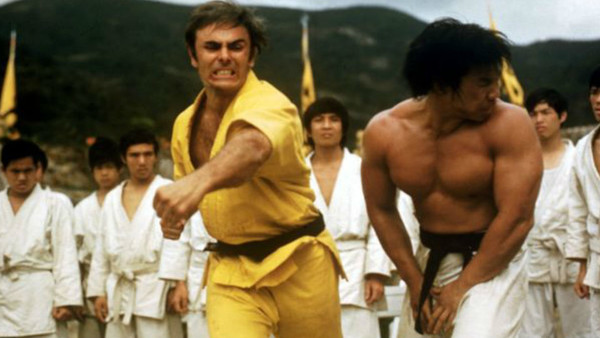
One of his most well-remembered parts would come in 1973, when he starred opposite martial arts icon Bruce Lee in Enter the Dragon. Saxon, who was practiced in judo and Shotokan karate, played sleazy American gambler Roper, on the run from loan sharks and participating in a martial arts tournament with Lee and fellow martial artist Jim Kelly. Saxon was meant to die in the film's second act, but his agent insisted that he live through the end and had the script rewritten to accommodate the change.
Though no stranger to horror films, Saxon would become forever etched in the minds of horror fans when he starred as Lt. Donald Thompson, father of Heather Langenkamp's Nancy Thompson, in Wes Craven's iconic 1984 supernatural slasher A Nightmare on Elm Street. As a well-meaning but overbearing and ultimately-useless police officer, Saxon came to define the impotent authority figure that would be a central part of the series and the horror genre as a whole. He would later reprise his role in the 1987 sequel Dream Warriors, and play himself in the 1994 metasequel New Nightmare.
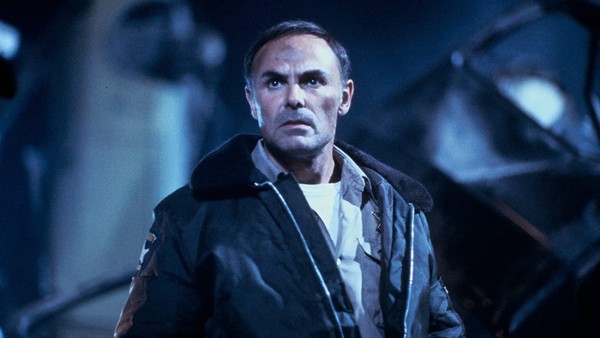
Saxon continued acting well into his seventies. His last credited role was in the 2017 indie film The Extra, and he's still listed as part of Bring Me the Head of Lance Henriksen, which is in post-production. At the time of his death, he had appeared in 200 film and television projects over 60 years. He was married three times, to screenwriter Mary Ann Murphy, airline attendant turned actress Elizabeth Saxon and, since 2008, cosmetician Gloria Martel. He is survived by his sons, Antonio and Lance; grandson Mitchell; great-grandson John; and sister Dolores.
We need more writers about John Saxon and Nightmare on Elm Street! Get started below...
